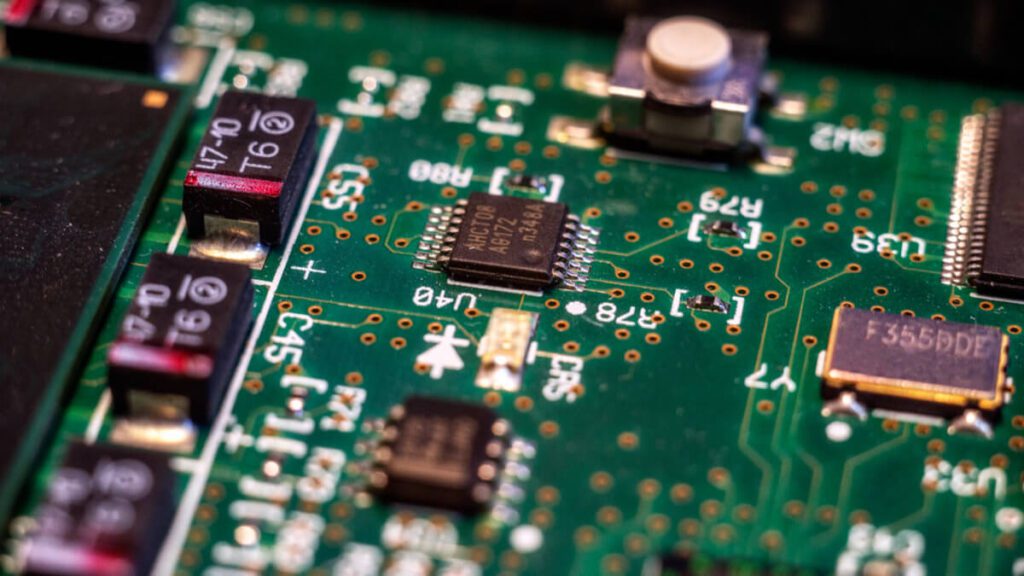
Japan’s global chip manufacturing thrown is finally usurped as it fears U.S.’s tactics of pouring billions of dollars to deflect from China’s overtake of Japan’s semiconductor industry.
The time has come, after three long decades overwhelmed with success in the chip manufacturing industry, Japan’s industry ministry announced that the nation’s share of the world’s chip manufacturing is falling as it foundered to preserve its position as the lead in front-line production.
Japan’s dilemma is a direct result of the China-U.S. tech cold war, which forced the country to leak customers to cheaper rivals since it has fallen flat on maintaining high levels of production.
“We can just continue what we have been doing, but we have to do something on a completely different level,” former Prime Minister Shinzo Abe informed fellow ruling LDP party members in May.
Earlier this year, the Ministry of Economy Trade and Industry released documents implying how Japan might not be able to cover any chip production by 2030.
The country’s biggest discomfort lies in the fact that some of Japan’s world-leading manufacturing companies – which still supply silicon wafers, chemical films, and production machinery – might not be able to cover the market’s needs.
“It is possible for companies to build in Japan and export, but the closer you can be as a supplier the better, it’s easier to exchange information,” said the director of the IT industry at METI, Kazumi Nishikawa.
It is worth highlighting that despite the inevitability of the shift, it will not occur immediately, but “it can happen in the long run,” he added.
For Japan to hold its position, it needs chip factories to acquire wafers, machinery, and chemicals, in addition to maintaining a strong supply of semiconductors to domestic automobile companies and electronic equipment manufacturers.
The triumph of the Japanese chip manufacturing industry solemnly relies on the country’s financial capabilities, and investments pouring into the industry itself.
Till now, Japan managed to distribute $4.5 billion to fortify the technology supply chain to aid companies that are suffering from shortages in chips and other elements throughout the pandemic, which by default promoted a shift to 5G.
“At the current level of support, it’s tough for Japan’s semiconductor industry, and we want government incentives that are comparable with elsewhere in the world,” The Japan Electronics and Information Technology Industries Association (JEITA) declared in an email.
Both the U.S. and the European Union (EU) approved bills backing a large sum of money for new technologies. The U.S. Senate authorized a $190 billion bill, and the EU is setting plans of placing $159 billion to back its private digital economy.
So, for Japan to be able to mirror these sums of money, industry experts consider that it will either extract it from the nation’s health care sector or will be forced to invest in the technology sector and moderately neglect the health sector.